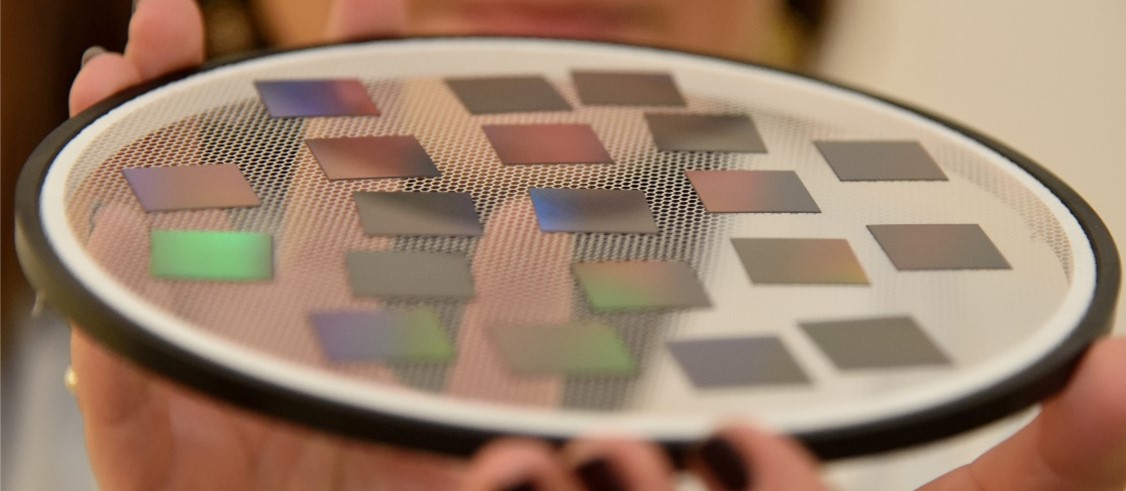The aluminum oxide and silicon membranes have precise pore diameters and allow accurate filtration and separation of a wide range of particle sizes. These particles can remain on the substrate for analysis and be directly examined by infrared or Raman spectroscopy.
The pollution of water bodies with plastic waste is an issue that is receiving increasing attention worldwide. Whilst macroscopic litter in the environment makes the issue visible it is microplastic particles that pose a greater risk to animal and human health as the common polymers are generally non-biodegradable and therefore highly persistent in the environment.
SmartMembranes offers suitable filter membranes made of aluminum oxide and silicon which allow the separation of the microplastic particles and simultaneously serve as a substrate carrier for the analysis of the samples. The combination of filter and analysis substrate thus simplifies the analysis process and minimizes losses of the filtrate.
The analysis of such particles is predominantly performed by Raman or infrared spectroscopy. In this process, the signal evaluation is not disturbed by the membranes, which do not exhibit any signals of their own in the range under consideration.
Our aluminum oxide membranes are available
with pore diameters from 25 nm up to 350 nm, the silicon membranes with pore diameters from 1 µm up to 17 µm. The thickness, porosity as well as substrate sizes are variable and can be customized in addition to the standard range.
The membranes can be used with all commercially available spectrometers and are mainly applied in the analysis of drinking water, food and cosmetics as well as in the water analysis of seas, lakes or rivers.

